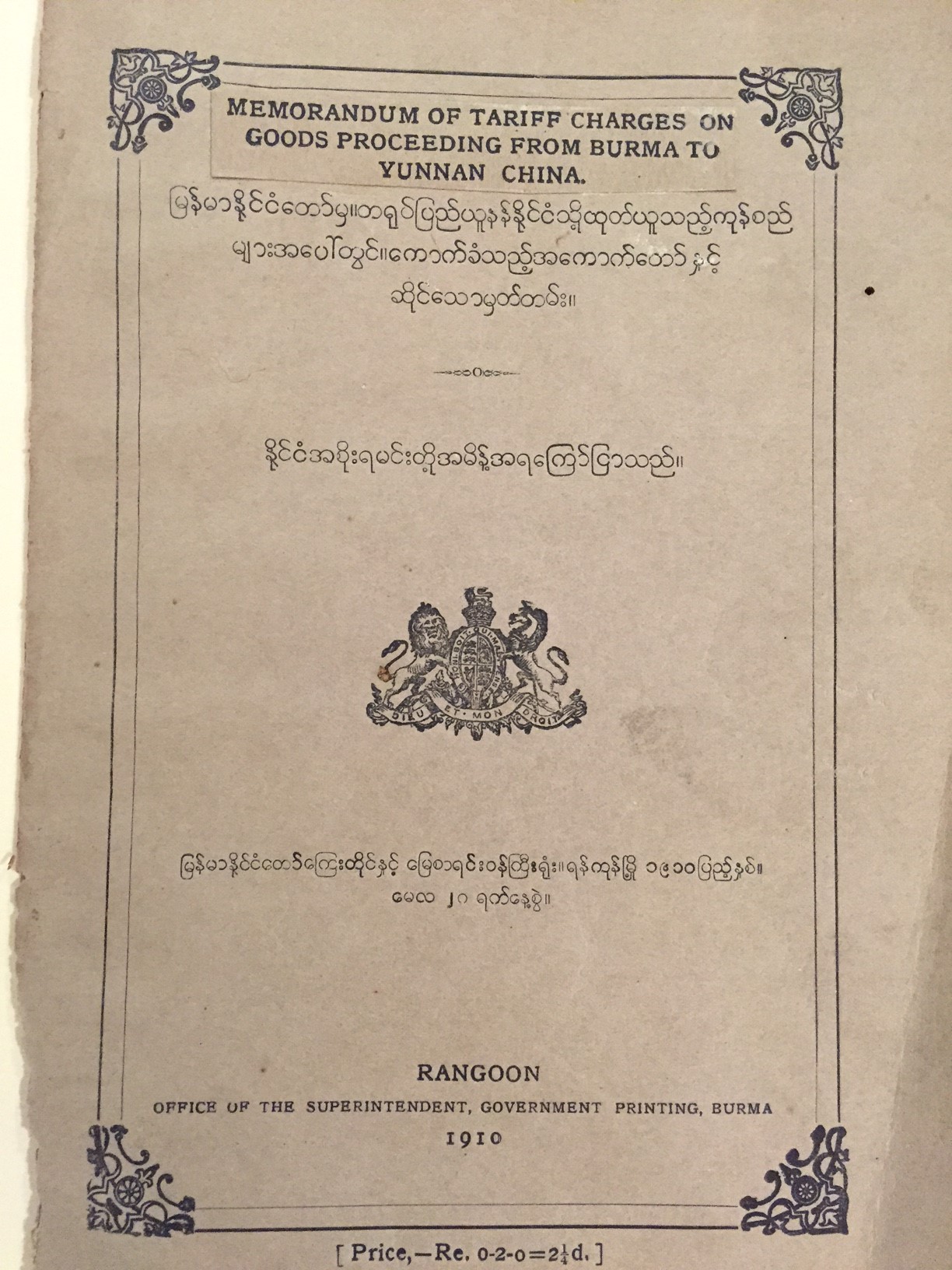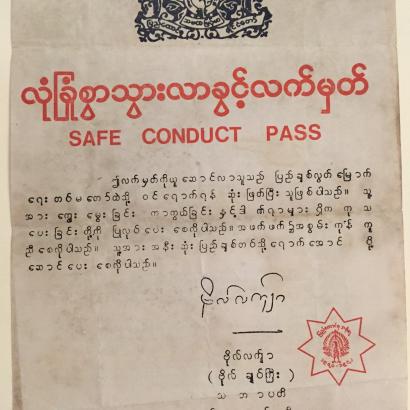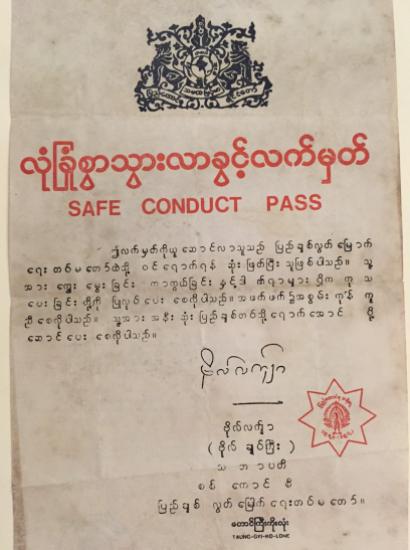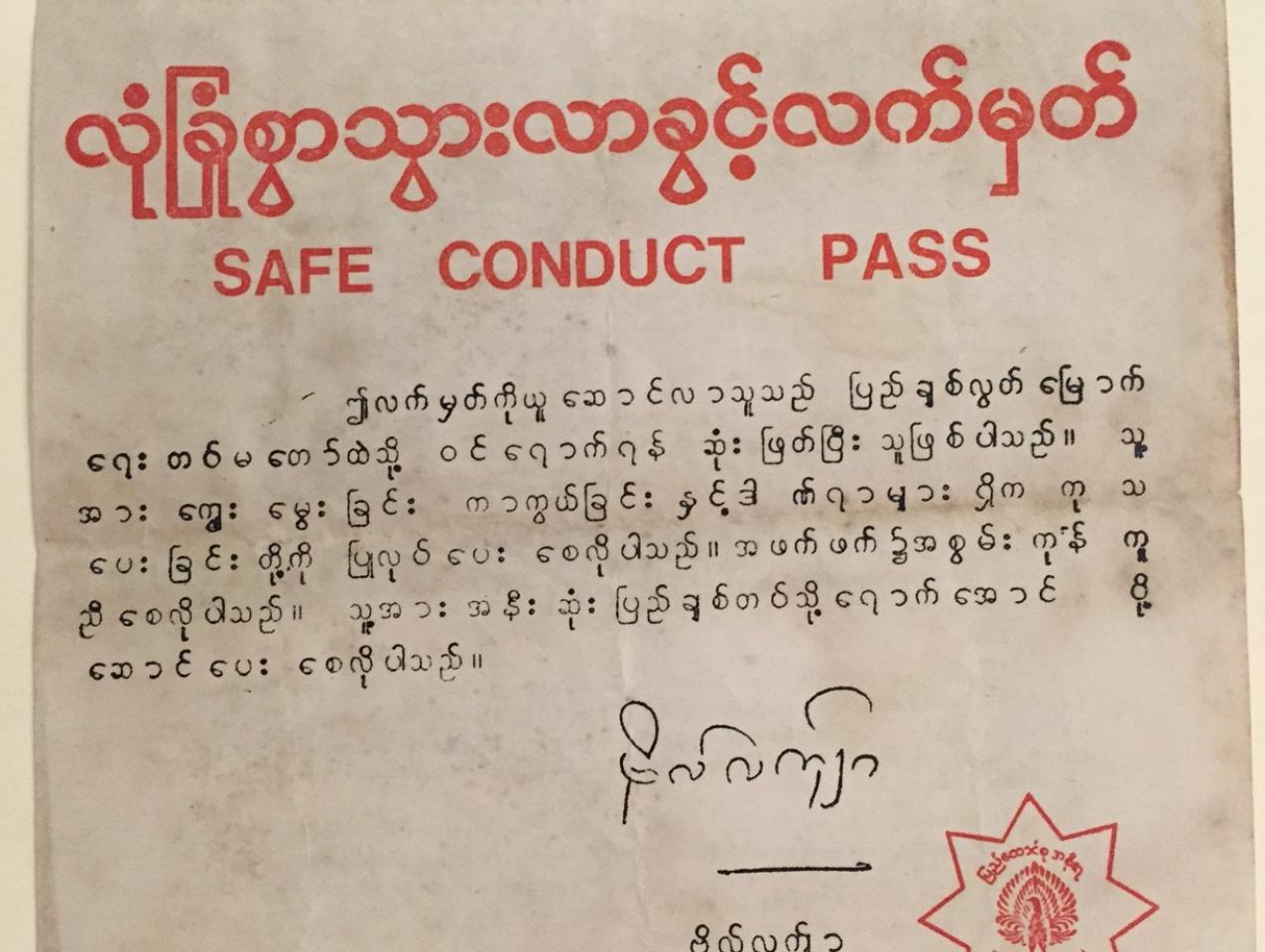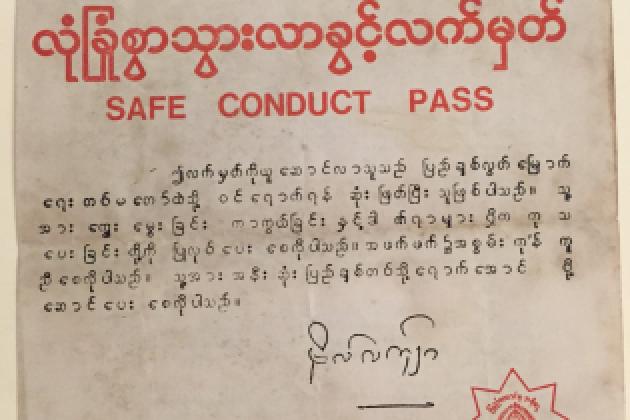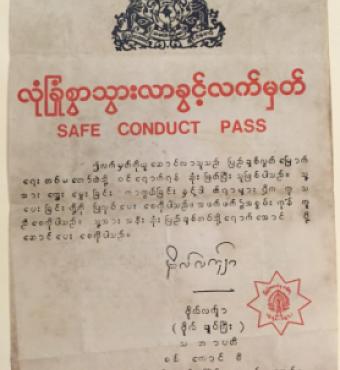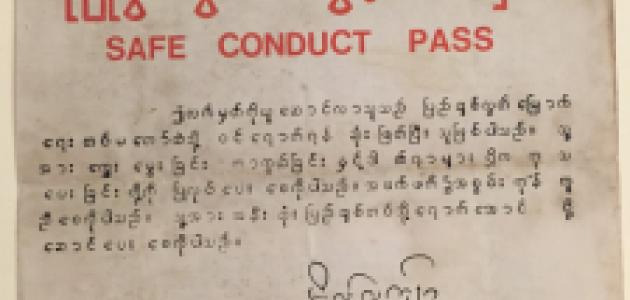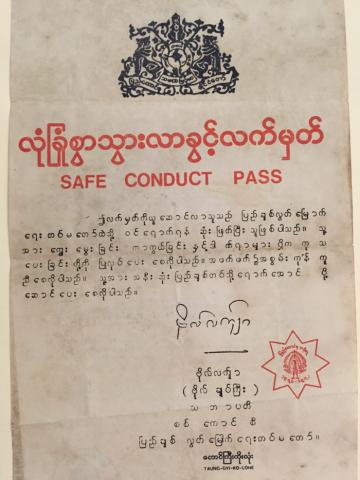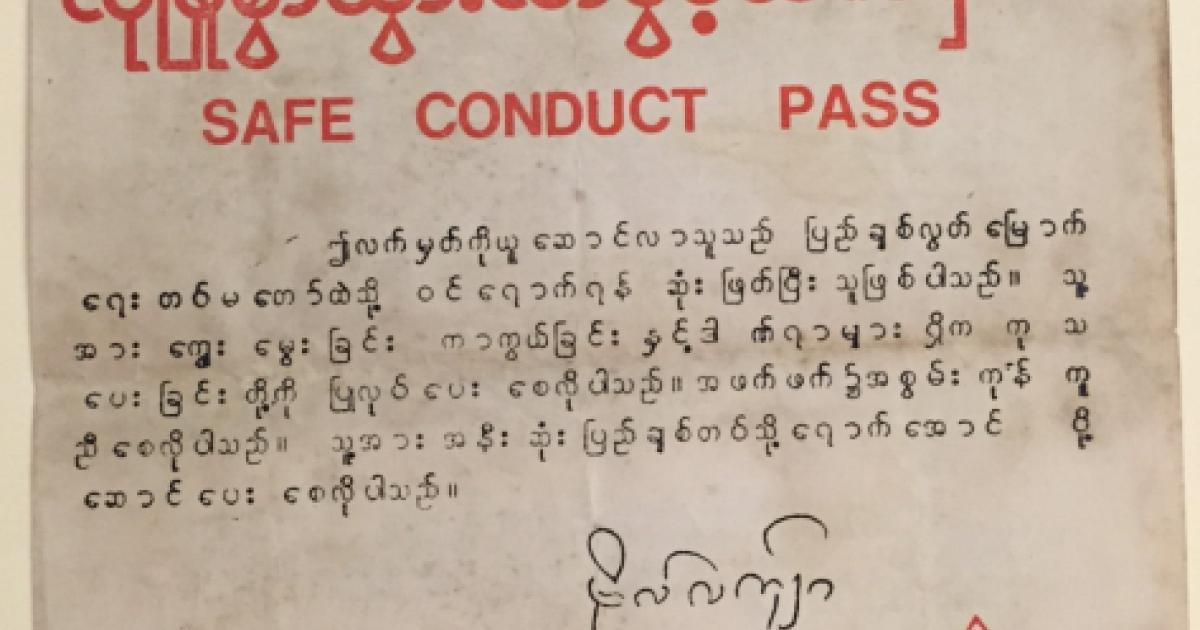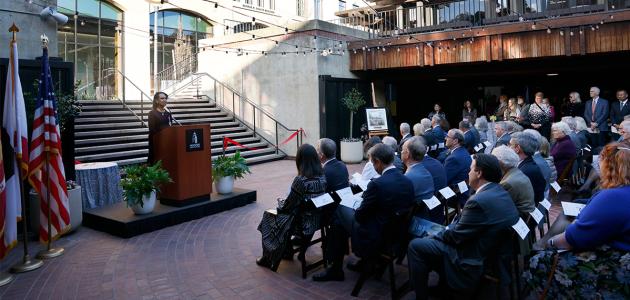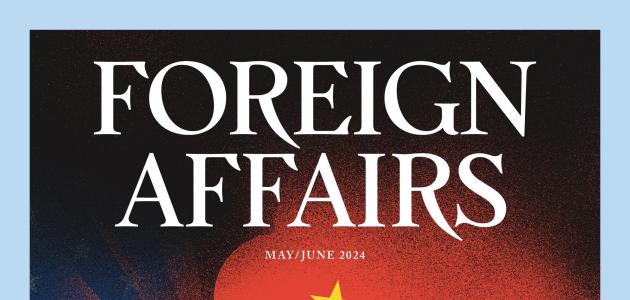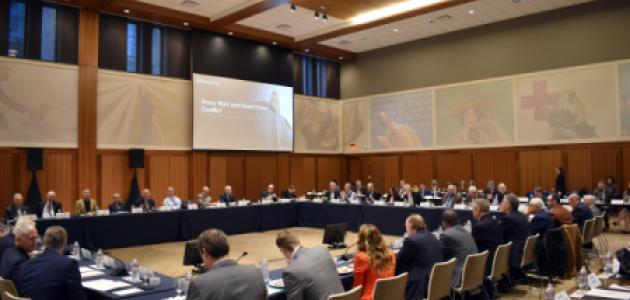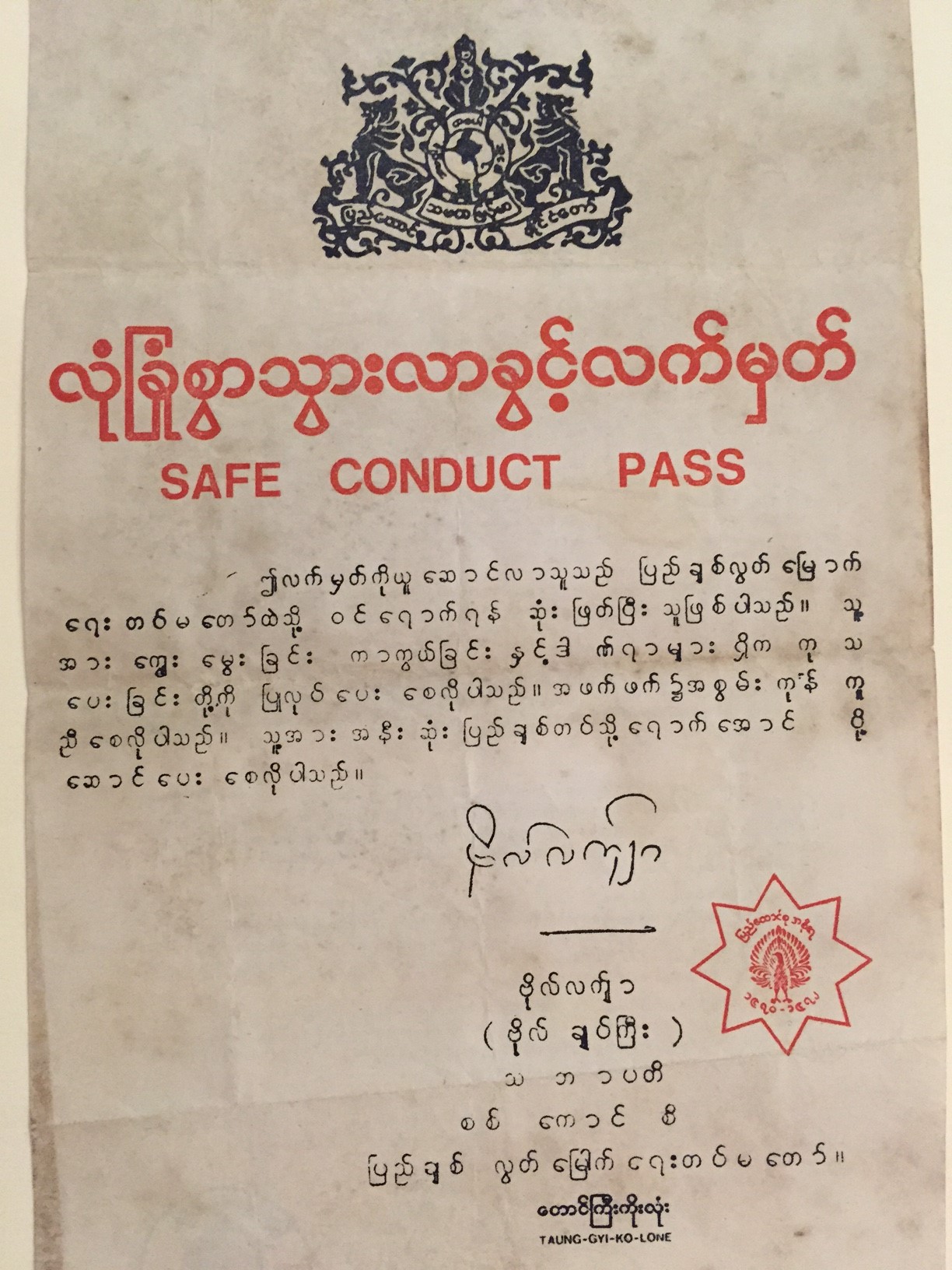
Burma, officially the Republic of the Union of Myanmar, is a sovereign state in Southeast Asia whose modern history has been marred by persistent human rights violations and ethnic strife. Its civil wars and military rule resulted in widespread poverty, making today’s Burma one of the least developed nations in the world. After the British conquered Burma in the nineteenth century, the country was under colonial rule until 1948, when it emerged as an independent nation. British rule had brought several enduring socioeconomic changes that transformed Burma’s once-agrarian society. More important, it emphasized differences among the country’s myriad ethnic groups. As a result, since 1948 the country has endured rampant ethnic strife and one of the world’s longest-running civil wars. When Burma became independent, it was initially democratic, but following a coup in 1962 it became a military dictatorship. Since then, the country has been under military rule in various guises until being formally dissolved in 2011 following a 2010 general election, after which a nominally civilian government was installed. Although many former military leaders still wield power, the Burmese military has taken steps to relinquish government control, thus improving the country’s human rights record, foreign relations, and the easing of trade and other economic sanctions.
The Hoover Institution’s newly created Burmese Subject Collection includes historical materials ranging from the British colonial period to the post-1948 independent era. Among the valuable documents are brochures, issuances, and investigative reports by the British authorities, documents pertaining to the Burmese ruling military junta and antigovernment forces from the 1950s to the 1970s, and the campaign materials of Aung San Suu Kyi and the National League for Democracy under her leadership.
